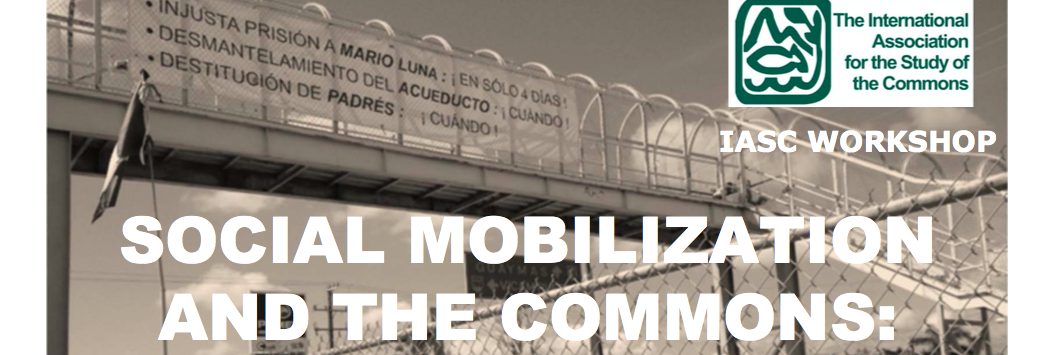On the 22nd of June Mara participated in the International Association for the Study of the Commons’ Workshop ‘Social mobilization and the commons: a virtuous circle?’ (Barcelona, Spain, June 21-22, 2018). Her paper ‘From squatting to short-life to permanent co-ops: the untold story of housing commoning in London’ presented preliminary findings from fieldwork conducted in London. The workshop enabled in-depth engagement with international commons scholars on shared conceptual, substantive and political concerns (enclosures, commoning, permanence, recognition, legal and governance frameworks), drawing connections but also interrogating differences between Common Pool Resource and Social Movement approaches to the study of established and emerging commons across the globe.
Abstract:
A key tool in the repertoire of urban social movements is the reclaiming of empty spaces for self-managed use, including for collective dwelling, through direct action. In critical urban scholarship, residential occupations have been understood as performing precarious housing commons, which often exist alongside struggles for establishing longer-term community-led initiatives. In this paper, I introduce a little-known experience of housing commoning in London by examining the transition from the 1970s organised mass squatting to the short-life housing movement – a temporary commons for over 15,000 Londoners – to the establishment of permanent fully-mutual housing co-operatives. Drawing on archival research and on in-depth interviews, I analyse the specific political and institutional conditions that enabled the transition, how different social movements, including feminist and LGBT organising, influenced the forms taken by such commons, and reflect upon their longer-term legacy as they struggle to maintain diversity and openness over time.
